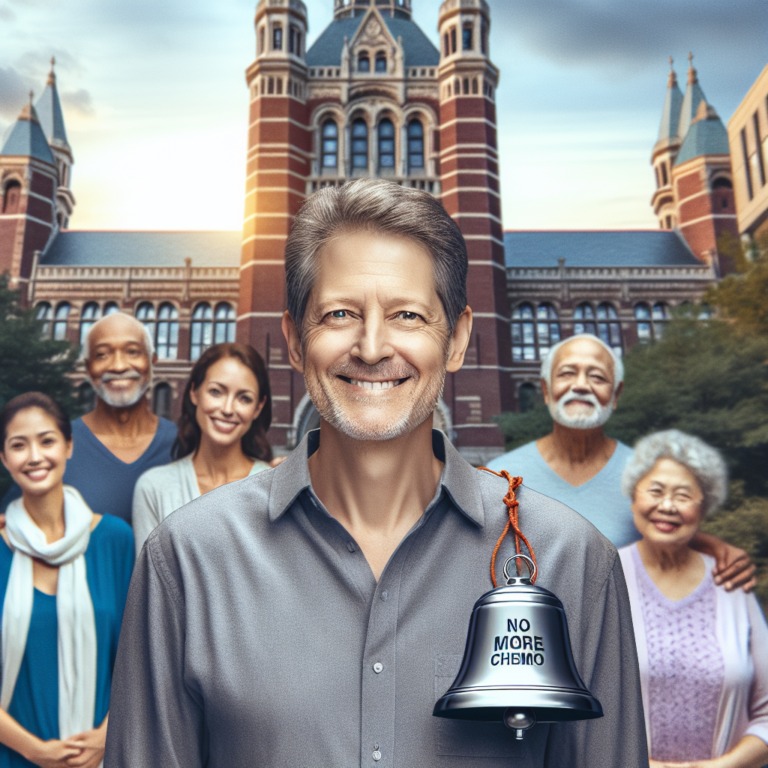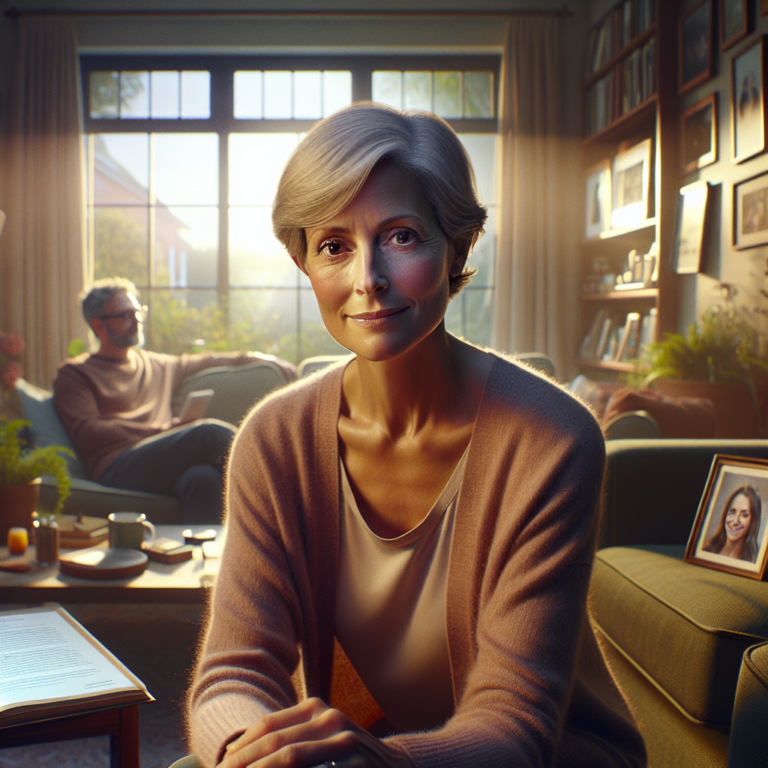Thriving Through Adversity: 13 Years of Survival and Resilience

In a remarkable tale of resilience, Diane Borrison, a pancreatic cancer survivor, shares her inspiring journey that began in 2006. Diagnosed at 66 years old, Diane experienced alarming symptoms such as jaundice and unexplained weight loss, prompting her to seek medical help. Her story highlights not only her battle against the disease but also the importance of advanced medical care and community support in overcoming this aggressive cancer.
Diagnosing Pancreatic Cancer
Diane’s journey commenced during the summer of 2006 when she noticed her skin and eyes turning yellow, accompanied by persistent itching. Concerned, she visited her doctor, who ordered a series of tests including blood work and a CT scan. The results revealed a tumor on her pancreas, marking the start of her challenging fight against cancer.
Living in San Jose, California, Diane consulted a local internist specializing in oncology. This physician, now retired, reached out to Dr. Margaret Tempero at the University of California, San Francisco (UCSF) for further insights. Together, they recommended the Whipple procedure, followed by chemotherapy and potential radiation.
Undergoing the Whipple Procedure
Diane was referred to Dr. Jeffrey Norton, a skilled surgeon renowned for his extensive experience with the Whipple procedure at Stanford University. On August 8, 2006, she underwent the surgery at Stanford Hospital, where her tumor was classified as stage IIB.
Her recovery was remarkably smooth, as she spent only nine days in the hospital without complications. Diane credits her successful treatment to the exceptional care provided by the highly-regarded cancer center and its tumor board, including Dr. George A. Fisher, Jr.
Chemotherapy and Recovery
Just ten days post-surgery, Diane began a six-month chemotherapy regimen using Gemzar and cisplatin, following UCSF’s protocol. While she experienced some typical side effects, they were manageable thanks to medications designed to alleviate them. Ultimately, she opted against radiation treatment.
Embracing Life After Cancer
Reflecting on her experience, Diane notes that clinical trials were not extensively discussed during her treatment. Had she been diagnosed today, she would actively explore clinical trial options, given the advancements in understanding and treating pancreatic cancer.
In 2019, Diane underwent genetic testing at Stanford, which thankfully showed no mutations. Today, she no longer requires follow-up appointments for pancreatic cancer and sees her family doctor as needed. A CT scan in 2019 confirmed she remains cancer-free.
Advocacy and Community Involvement
Diane is a dedicated advocate for pancreatic cancer awareness and research. She has volunteered with PanCAN for over 12 years, passionately campaigning for increased funding for research. Each spring, she travels to Washington, D.C., to join fellow advocates in this crucial effort. As a former member of PanCAN’s national Survivor Council, she is well-informed about the World Pancreatic Cancer Coalition and participates in fundraising events like PurpleStride Silicon Valley, which took place on November 2, 2019.
To hear more about Diane’s incredible journey, watch her story titled “Individuals Can Make a Difference,” where she shares her experiences and insights into surviving pancreatic cancer.
Diane’s story exemplifies hope and resilience, inspiring countless individuals facing similar battles.






